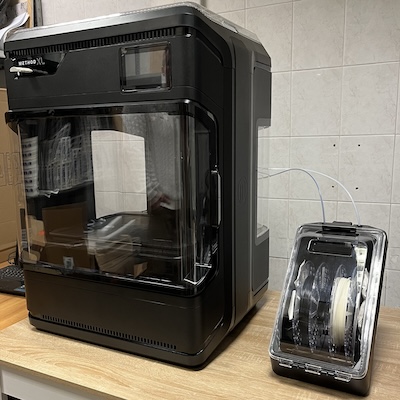 Established in 1906 and headquartered in Italy, Panelli Srl is a leading manufacturer of submersible pumps and motors. Thanks to recent investments in industrial automation and the extensive use of robotized assembly, Panelli can offer various products with high hydraulic characteristics.
Established in 1906 and headquartered in Italy, Panelli Srl is a leading manufacturer of submersible pumps and motors. Thanks to recent investments in industrial automation and the extensive use of robotized assembly, Panelli can offer various products with high hydraulic characteristics.
Historically, the company only used a traditional industrial 3D printer for prototyping, but materials costs were high. As a result, Panelli added the UltiMaker Method XL 3D printer, a cost-effective and comparable alternative, allowing the company to successfully achieve the dual goals of cost efficiency and superior quality in their prototypes.
Prototyping and testing large parts that can withstand high impacts
Panelli’s technical department employs 3D printing to prototype its pump components and ensure that all parts are up to specifications. The team currently uses a simple industrial 3D printer and needed to add another one to support its growing design and production needs.
“We print very often, almost daily,” said Francesco Zamirri, mechanical designer at Panelli. “Especially when we need to improve the hydraulic performance of an existing range or create a new one.”
However, traditional industrial printers can be rather large and expensive, both to operate and maintain. The team needed something more affordable and that would not require much maintenance.
Integrating Method XL into Panelli processes
After consulting with Manufat, a local reseller with expertise in 3D printing solutions, Panelli added Method XL, UltiMaker’s latest professional 3D printer. Known for its robust engineering capabilities, Method XL was a cost-effective alternative to expensive industrial machines but still offered industrial-grade features. The heated chamber and heated build plate reduces the risks of warping and improves layer adhesion across the entire print. Method XL also boasts a 305 x 305 x 320 mm build volume and ABS and carbon fiber 3D printing capabilities, allowing Zamirri and his team to continue to prototype large and strong parts with little downtime.
“We selected Method XL because it can create high-quality, industrial-grade parts in ABS and carbon fiber,” said Zamirri. “Method XL allows us to test prototypes with large dimensions and high pressures. For a desktop 3D printer, the results are exactly as we would get them on our industrial printer. Method XL is also very easy to use, and the materials are much more affordable. We have had a great experience with it so far.”
The team is using Method XL to print functional prototypes of diffusers and large centrifugal impellers that must withstand high pressure and flow rate. Because they need strong parts that can endure their testing, the prototypes are printed in ABS Carbon Fiber, a composite material known for its ability to withstand high impacts.
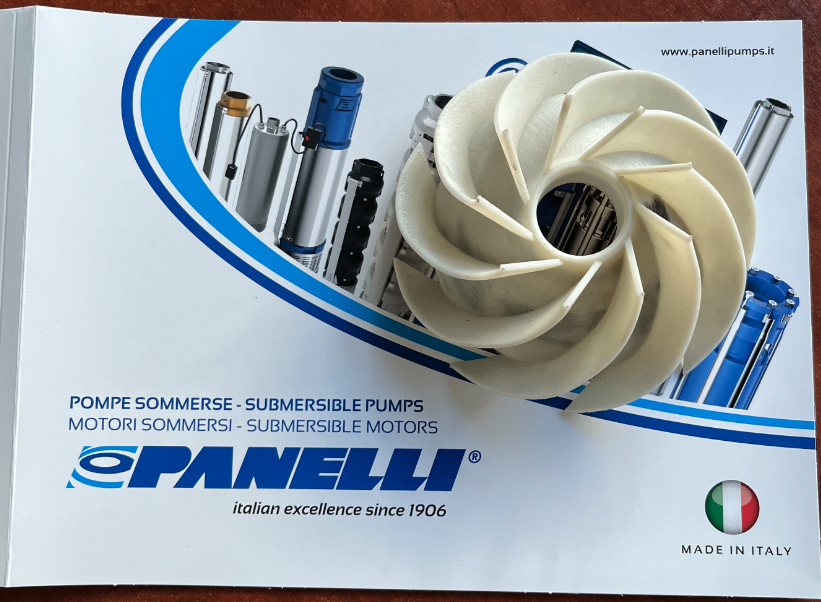
The team also uses ABS-R for rapid prototyping and parts with complex geometries. ABS-R offers superior printing performance for consistent and repeatable parts. With ABS-R, they can use RapidRinse, UltiMaker’s support material that easily dissolves in tap water. This feature not only enhances operational sustainability but also widens the scope for designing complex parts without compromising on strength.
“RapidRinse is very helpful. We can have the final part with a super easy workflow and with better quality, compared to the use of breakaway supports,” said Zamirri. “We also don’t have to use any chemical solvent that is always very hard to manage.”
Streamlined workflow, and time and cost savings
Zamirri and his team continue to use both Method XL and their older industrial 3D printer to accelerate the prototyping process. While one machine prints the impeller, the other is used to print the diffuser, ensuring high efficiency and little downtime.
“The use of 3D printing lets us save a lot of time and money, compared to the use of CNC machining,” continued Zamirri. “In 24 hours, we can produce an impeller with a very difficult geometry and minimal effort. Impellers always have very complicated shapes, and Method XL helps us a lot.”
Contact us about integrating the Method XL into your workflow.


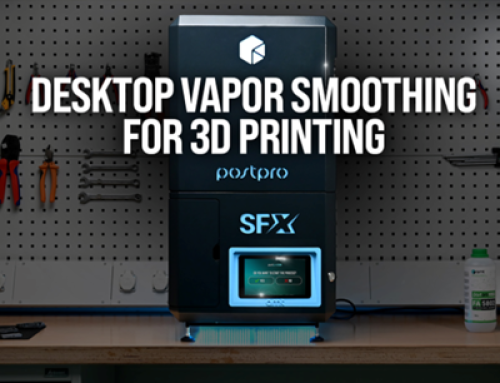


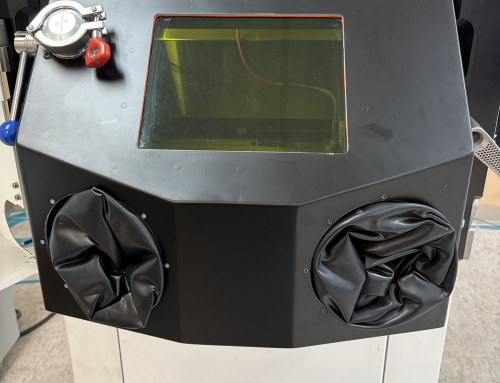
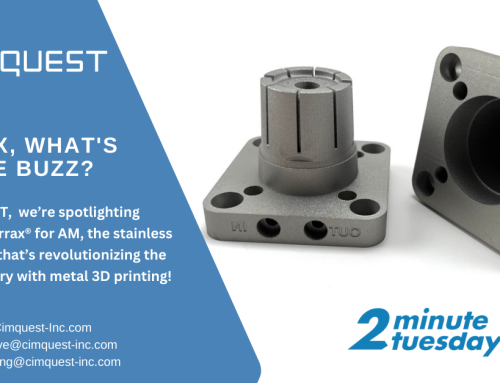
Leave A Comment